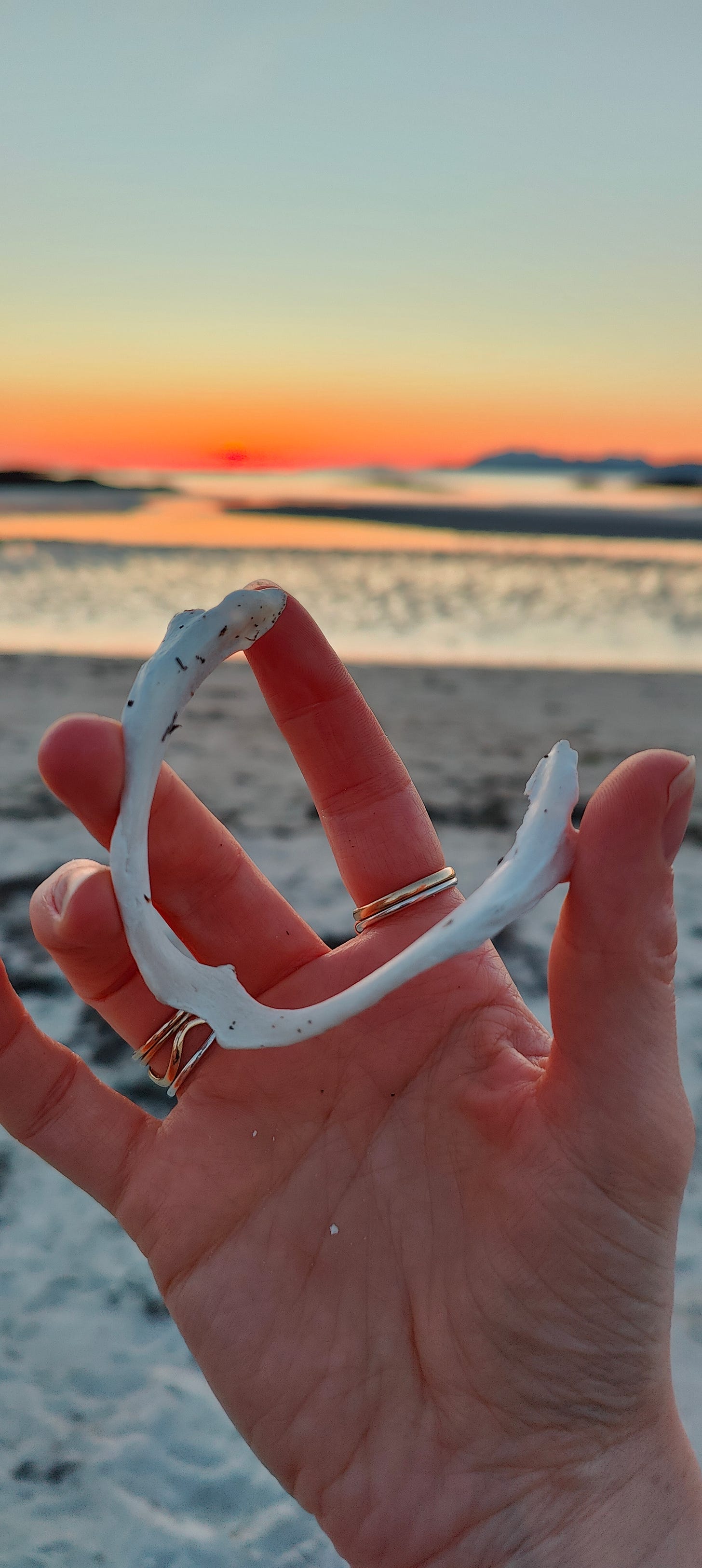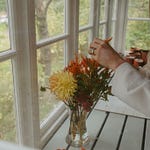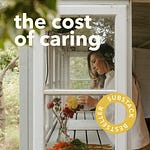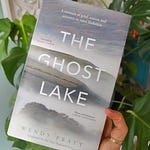‘What of yourself do you give away in order to survive?’
Hi friends,
If you’re new here, hi! Hop on over to my Welcome post to find out more about what goes on in our wee corner of Substack:
Start here! Welcome to What Now? with Lindsay Johnstone
“There is so much here for smart, creative women from this smart, creative woman, plus I have only just discovered Lindsay reading extracts from her powerful memoir – I am already hooked (and now a complete fan of her work).” anna wharton, Sunday Times bestseller, The Orwell Prize longlisted writer and writer of The Spectator’s Book of the Year 2023
I’m delighted to close this run of the Cost of Caring Series with a conversation that touches on so many important themes for creatives who are also caregivers.
writes Motherhood Musings here on where, in her own words, she has created“a place to make space for beauty and struggle, parenting and art, stories and words. A place to explore and celebrate the intersection and tension that comes with being a parent and a creative and being a caregiver and having ambition.”
We recorded our conversation on International Women’s Day in March and listening back as I write these show notes, I’m struck afresh by how shocking I found Hannah’s story. I know we ‘know’ a lot of this, but hearing testimony from a woman on the other side of the Atlantic impacted by the squeeze on women’s (reproductive, caring, economic…) rights was and is incredibly affecting.
During our 40 minutes together, we took a deep dive into the gendered nature of working within the charitable sector and the ways in which working in caring professions causes us to give more of ourselves (emotionally, physically…) than we might in other industries. I stand to be corrected, but really wanted to consider what it’s like to provide care in all forms across your professional and personal lives. Whether one suffers as a result of the other.
Early in our discussion, I asked her the question I quoted at the top of this post, and invite you to consider it for yourselves. Let’s chat in the comments.
A bit more on our conversation…
Hannah became pregnant with her first child at 20, gave birth at 21 and then six weeks after her son was born, she was back at work. Soon afterwards, though, she was forced to take unpaid leave (classed as a ‘family/medical leave of absence’) to undergo treatment for stage II thyroid cancer. It caused me to catch my breath as I considered the dual impact of these life events on a woman (a family) without the state support we might take for granted here in the UK.
Still, it granted Hannah perspective. And encouraged her to seek and hold on to the parts of herself and her life that give her autonomy and meaning outside of her caring responsibilities and beyond managing her ongoing health conditions.
“Creativity was my lifeline to own my own story and helped me reclaim the narrative. I own everything that happened to me and use my creativity to come to terms with everything that happened to me.”
Her approach to her creative practice and community-building is so healthy, and made me consider how these elements feed rather than deplete us even when time and energy are in short supply.
We ended our discussion on one of the most important issues: dinner. This was the ball I was dropping in order to do this call, and I was completely reconciled to that. Hannah’s perspective?
“If you drop all the balls, not all of them are going to break. What can you drop that’s not going to break to create more margin for yourself?”
I remembered the eggs in the pantry. There’s always an egg.
I really hope you enjoy watching or listening along, and if you missed earlier episodes, catch up here:
The Cost of Caring Series featuring
, , ,This series will be back in the autumn, and if you’d like to join me in conversation, click this link and fill in the form:
Until next week,
Lindsay x




















Share this post